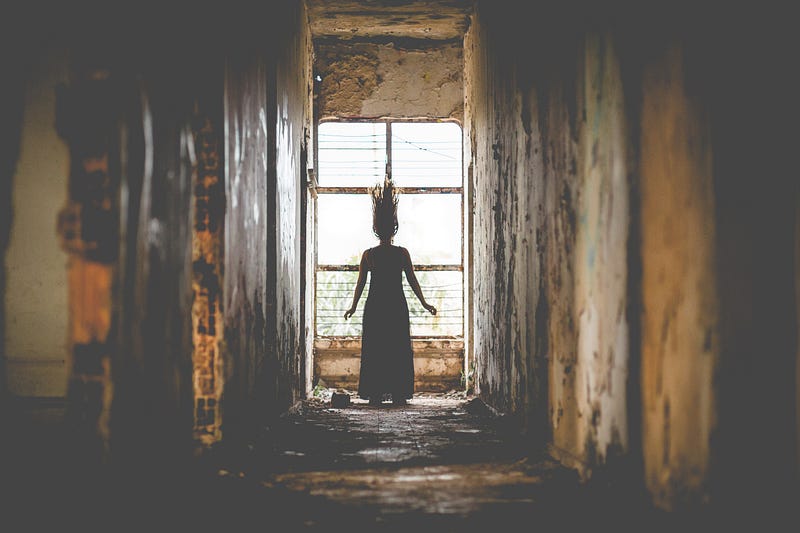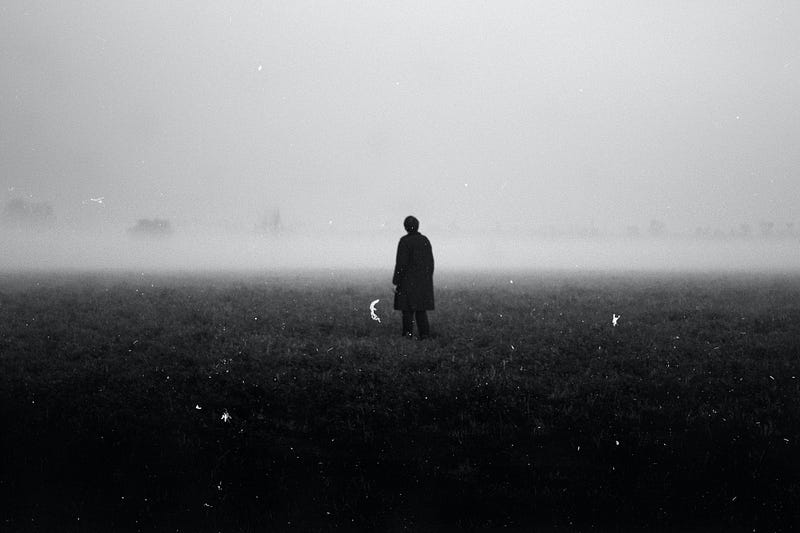Why Do We Find Thrills in Fear? A Deeper Look into Our Attraction
Written on
Chapter 1: The Nature of Fear
What drives our fascination with fear? Why do we actively seek out experiences that frighten us? As Halloween approaches, it’s worth examining the scientific insights behind this phenomenon.

In March 2020, Steven Soderbergh’s film "Contagion," which portrays society’s struggle with a deadly virus, gained renewed attention. People confined at home seemed to crave distractions, turning to a film that eerily mirrored the onset of COVID-19. This raises the question: why do we gravitate towards fear? Perhaps it’s the relief we feel when the fear subsides, suggesting a deeper connection to our emotional responses.
Section 1.1: The Biological Response to Fear
As reported by The Guardian, our attraction to fear can be traced back to our biological reactions in potentially hazardous situations. The amygdala, an almond-shaped cluster of neurons in the brain's temporal lobes, plays a crucial role in processing these threats.
When the amygdala perceives danger, it signals the hypothalamus, prompting the release of stress hormones. This initiates the fight-or-flight response, which heightens alertness, increases heart rate, and directs more blood to muscles, preparing us for action. Cortisol, another stress hormone, elevates blood pressure, ensuring organs receive adequate oxygen and nutrients, while respiratory rates increase to supply the brain with more oxygen.

This rapid response occurs before we even consciously register the threat; the amygdala reacts first, sending information to the cortex, which is responsible for reasoning and awareness. Once we recognize that the danger has passed, our bodies flood with endorphins and dopamine, the hormones that create feelings of pleasure.
Subsection 1.1.1: Learning through Fear
While chemical responses are significant, there’s also an educational and social aspect to our enjoyment of horror. Movies, literature, and even traditional ghost stories provide safe environments to engage with fear, allowing us to hone our reactions to uncertainty.
Marc Malmdorf-Andersen, a psychologist from Aarhus University, suggests that these thrilling experiences may enhance our emotional regulation and coping skills. They serve as practice for handling unpredictable situations, akin to a guide for future challenges.

Chapter 2: The Balance of Fear
In the video "Why do we like to be scared? | Dr. Margee Kerr | TEDxFoggyBottom," Dr. Kerr explores the psychological underpinnings of our affinity for fear and the reasons we seek it out.
The second video, "Why We Like To Be Scared | Do You Enjoy Fear? This video will scare you," delves into the thrilling aspects of fear and why it captivates us so deeply.
Section 1.2: Finding the Sweet Spot
The impact of "Contagion" during the pandemic can be seen as a means of navigating an unpredictable environment, turning chaos into a more manageable experience. However, how much fear is beneficial? Malmdorf-Andersen conducted a study where participants were exposed to a horror attraction filled with zombies and ghosts, documenting their emotional states throughout the experience.
The results indicated that we enjoy fear, but only within certain limits; if it strays too far from our comfort levels, it becomes overwhelming.
Subjective Perspective
“Our research suggests there is an optimal balance between fear and enjoyment, where the experience is thrilling but not excessive,” Malmdorf-Andersen concludes. This balance varies from person to person, highlighting that what thrills one individual may terrify another.
Recognizing these nuances is essential, as prolonged fear can lead to anxiety and other mental health challenges.
If you found this article insightful, consider joining Medium for unlimited access to similar content and to support my work through this referral link. Thank you for reading, and see you next time!